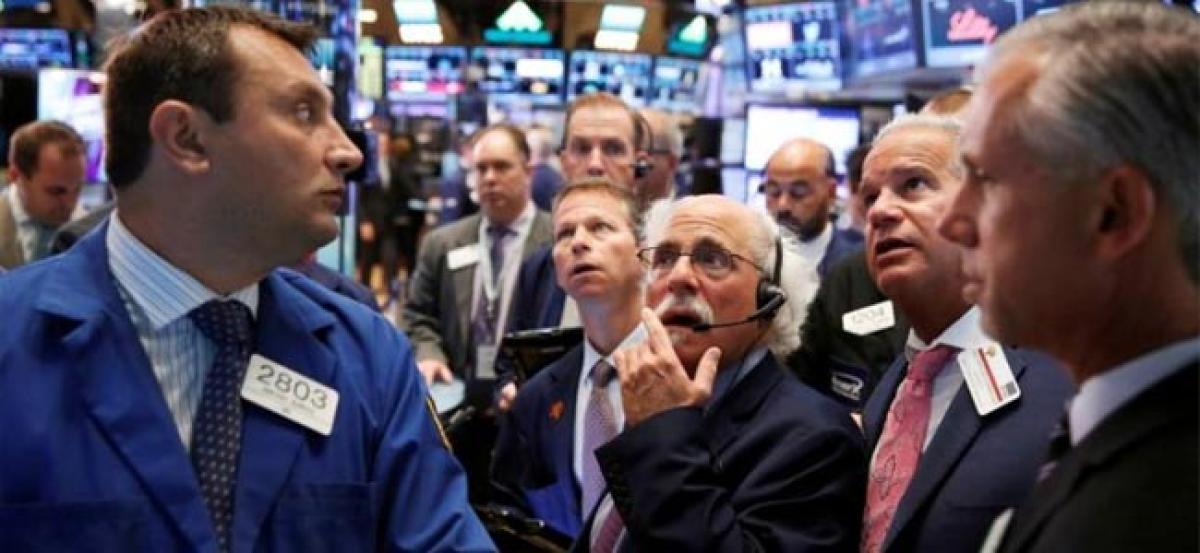Live
- ‘Stone me or shoot me, won’t spare anyone,’ says Anil Deshmukh after discharge
- Siddaramaiah, Shivakumar turning Karnataka into Pakistan: K’taka BJP
- Zimbabwe records 70 suspected cholera cases, one death amid new outbreak
- Babri demolition day: No Assembly proceedings in Bengal on Dec 6
- Typhoon Man-yi suspends ferries, submerges streets in China
- 2400 youths get jobs with big firms under NSDC scheme
- Govt prioritising road connectivity in remote areas: Himachal CM
- No end in sight to Pakistan's long battle with polio as active cases reach 50
- Assam's Karimganj district renamed as Shribumi: CM Himanta Biswa Sarma
- Air pollution: Gurugram admin issues work from home advisory









